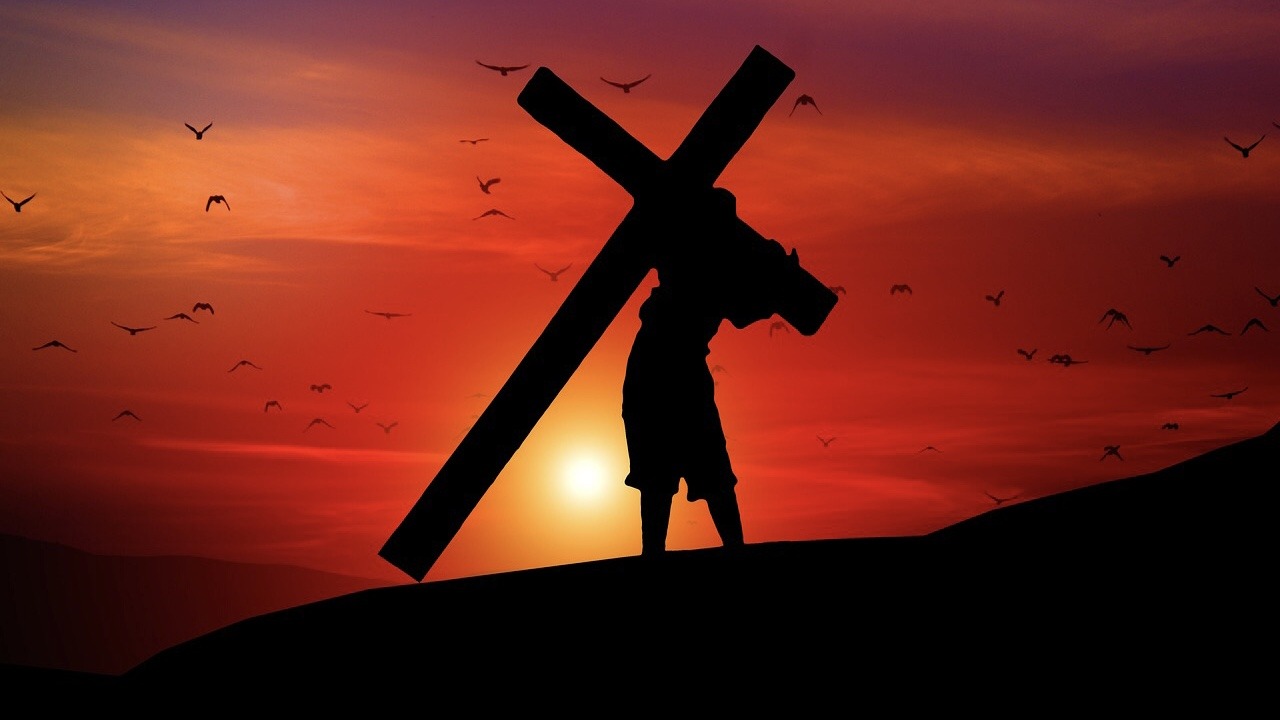
Note: This post belongs to an ongoing series on Calvin’s Institutes which begins here.
—
t will not do,” John Calvin cries, “to say that the only ground on which we obtain forgiveness of sins is in the mass, because it has been already purchased by the death of Christ.” Protestants love false dichotomies: The Mass or the death of Christ; as though they are different. But no. The Mass is the death of Christ. It is not, as I pointed out in the last segment, a new death of Christ, but the same sacrifice done in obedience to Luke 22:19. (Do this is sacrificial language; the Mass is not a bare commemoration.) But Calvin will have none of that. “This,” he says, “is just equivalent to saying that we are redeemed by Christ on the condition that we redeem ourselves.” Then he goes on to call priests “ministers of Satan,” and it’s all very histrionic. But it was the sixteenth century.
Now, to be sure, the Church has Pelagians in its midst. Anyone who denies this likely does so to hide his own Pelagianism. So yes: Some Catholics do think they can save themselves; or, they act as though they believe it. But the Church condemned it as a heresy in 431, at the Council of Ephesus, over a thousand years before Calvin took out his ink bottle to write the Institutes. And the Church condemned it again at Trent, in the Canons on Justification:
If any one saith, that man may be justified before God by his own works, whether done through the teaching of human nature, or that of the law, without the grace of God through Jesus Christ; let him be anathema.
And Trent goes on to say that no one can be saved without:
- prevenient grace (Canon 2)
- the righteousness of Christ (Canon 10)
- the action of the Holy Spirit who pours grace into our hearts (Canon 11)
- perseverance, which comes only with God’s help (Canon 21)
The grace whereby we are made just, says Trent, comes only from “the merits of [Christ’s] passion.” That’s in Chapter III: Justifed Through Christ.
No, the Church does not teach works salvation. But one must be careful. Though the Church does not teach that works are sufficient to save us, it does teach that works are necessary. One may not declare faith in Christ, trust in his merits and his passion, and then put his feet on the fender.
And the Mass is a work. It is the most important work that Catholics do, in fact. When Christ instituted the Eucharist, he spoke of it as something that we are to “do.” “Do this in remembrance of me,” he said.
But by this work we cannot claim that we are saving ourselves. That would be to deny that Christ is truly present—body, blood, soul, and divinity—in the Eucharist. It would be like saying that the Eucharist is my body and my blood. Rather, in participating in Mass, we obtain the salvation already won for us by Christ. But we have to pray, we have to get in line, and we have to go up and receive it. God does not come down and force salvation upon us.
Calvin is certain that Catholics forget about Jesus or his passion altogether at Mass, and that they think they’re there engaging in an effort at self-redemption. He is content to have this remain a claim. I don’t doubt there are Catholics who go to Mass and forget to think of Jesus at all. I don’t doubt there are many more Catholics who think of Jesus at Mass and then forget him for the rest of the week. But that is a different thing from claiming that the Mass is a form of works salvation, which is Calvin’s point. He can claim it, but he can’t prove it.
Discover more from To Give a Defense
Subscribe to get the latest posts sent to your email.